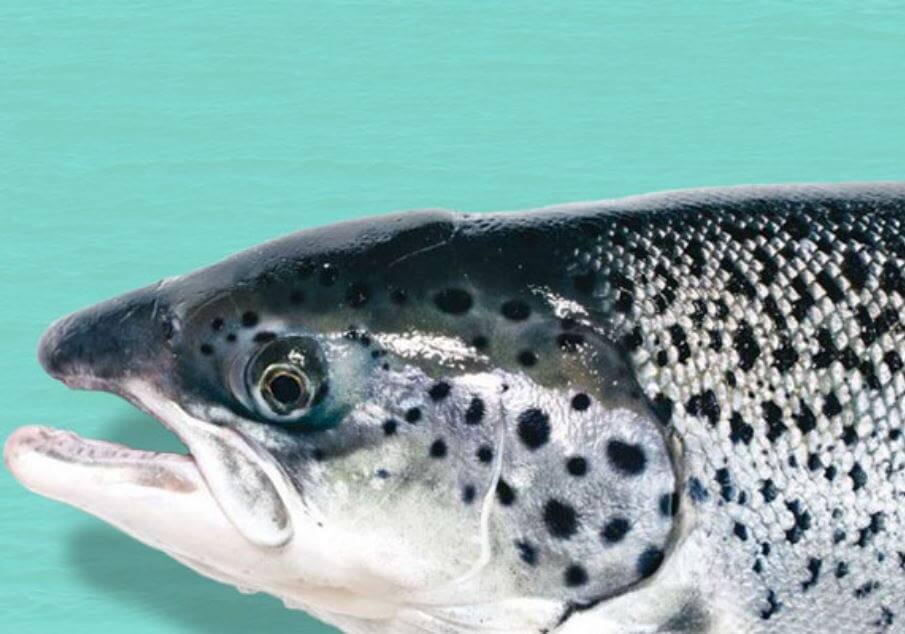In context: The U.S. has long used genetically modified (GM) plant crops in its food chains, but so far has had no GM animals on sale for human consumption. That could be about to change as the Food and Drug Administration lifts an import ban on AquaBounty's GM salmon eggs.
On Friday the FDA announced that a genetically modified type of salmon will soon be allowed to be imported and reared in the U.S. ahead of new labelling requirements coming into force which ultimately will allow the fish to be sold to consumers. The salmon have been modified with DNA from other species of fish to allow them to grow roughly twice as fast as regular salmon.
Following years of health and safety assessments, the salmon became the first GM animal to be approved for human consumption by the FDA in 2015. But almost immediately after approval, an alert was issued by the FDA prohibiting importing and rearing until labelling regulations caught up.
These new regulations will mandate that companies selling 'bioengineered' food will have to label their products as such, and come into force in 2020.
AquaBounty, the company behind the GM salmon breed they have named 'AquAdvantage', produce the eggs in their research and development facility in Canada. But now that the FDA's alert has been 'deactivated', AquaBounty will soon start importing the eggs to their growing facilities in Albany, Indiana. The company has said they expect final certifications for their Albany facility in the coming weeks.
While the salmon's meat has been approved as safe, many people opposed to GM foods worry about the potential for the genetically modified organisms (GMOs) to get into the wild and disrupt natural habitats and food chains. AquaBounty says this won't be an issue for their salmon, as they are raised in tanks, are modified to be all female, and are sterile.
However not everyone is satisfied. The Center for Food Safety and other interest groups are suing the FDA in order to prevent the salmon being raised and sold.
